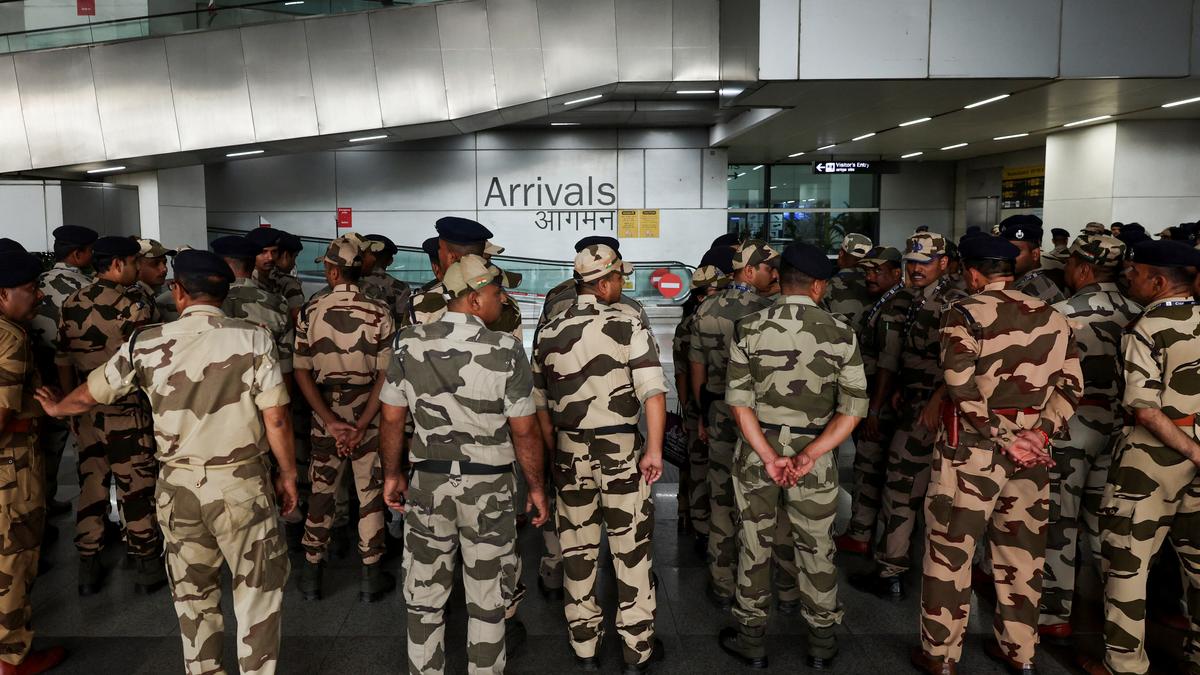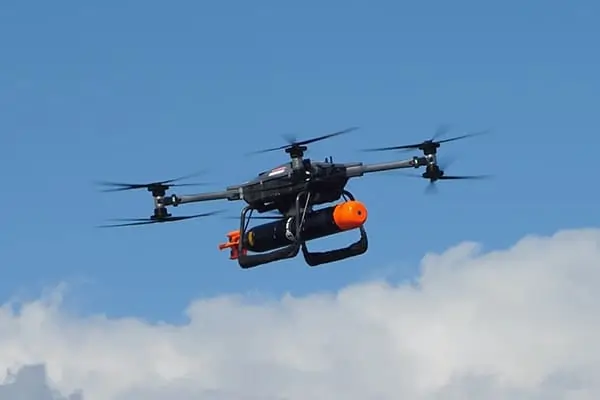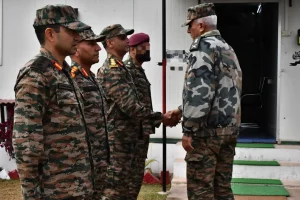The Union Ministry of Home Affairs (MHA) has announced a significant recruitment initiative aimed at enhancing the capabilities of the Central Industrial Security Force (CISF) with plans to add 58,000 personnel over the next five years. This strategic move is designed to align with expected industrial growth in regions previously grappling with Left Wing Extremism (LWE). The decision comes on the heels of President Droupadi Murmu’s approval to boost the CISF’s authorized strength from 200,000 to 220,000 personnel.
Currently, the CISF has a strength of approximately 162,000, which means that the force will be integrating around 14,000 new recruits each year. According to a senior official from the CISF, these new personnel will play a crucial role in bolstering security across multiple sectors, including aviation, sea ports, and critical energy installations such as thermal and hydro power plants, as well as nuclear facilities and high-security prisons in Jammu and Kashmir.
The reduction in the geographical spread of LWE violence is notable, having diminished significantly from 126 districts across ten states in 2013 to just 38 districts in 2024. This decline has prompted the government, with Home Minister Amit Shah setting a target to eradicate Maoist activities in Chhattisgarh by March 2026, to anticipate increased industrial activities in these areas, thereby necessitating enhanced CISF security deployments.
In recent recruitment efforts, the CISF successfully inducted 13,230 personnel in 2024 alone, with an additional 24,098 currently undergoing the recruitment process. The demand for CISF security has surged notably since the launch of Operation Sindoor, resulting in 35 requests currently being processed and nearly 100 additional requests pending from both public sector units and private organizations.
Over the last year, the CISF has expanded its reach by taking charge of seven new crucial locations. These include the Parliament House complex, the airport in Ayodhya, NTPC’s coal mining initiatives in Hazaribagh, the National Institute of Virology in Pune, as well as the thermal power projects in Buxar and Jawahar, and the Beas Satluj Link project in Mandi.
Established in 1969 with only three battalions, the CISF has grown substantially and now provides integrated security for 359 critical establishments throughout India, ensuring the safety of vital infrastructure and strategic projects across the nation. The planned recruitment and the subsequent expansion of the force underline the government’s commitment to enhancing security in tandem with industrial development in regions once threatened by violence.
















